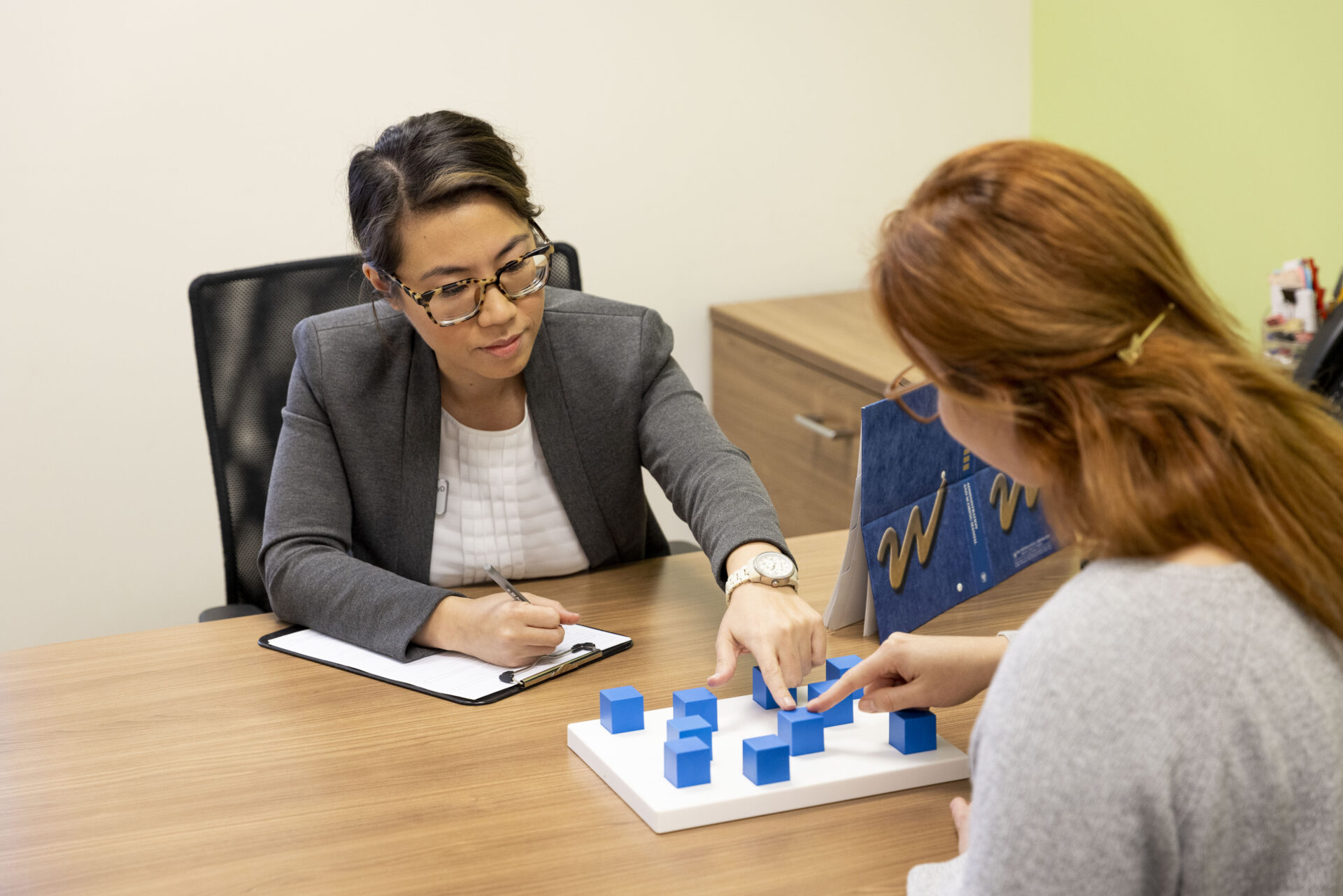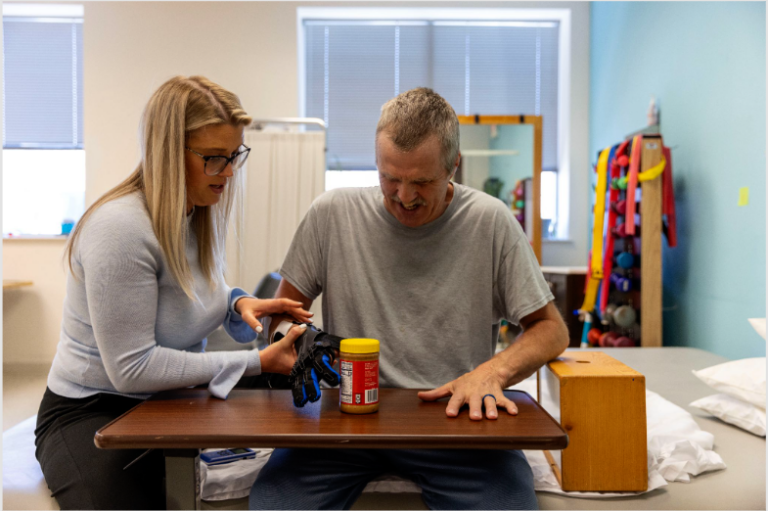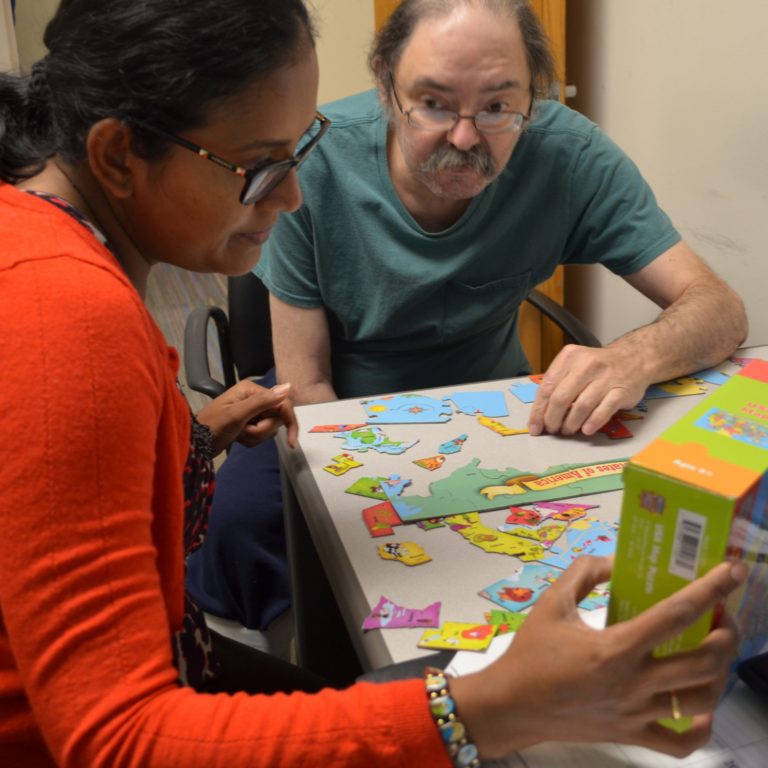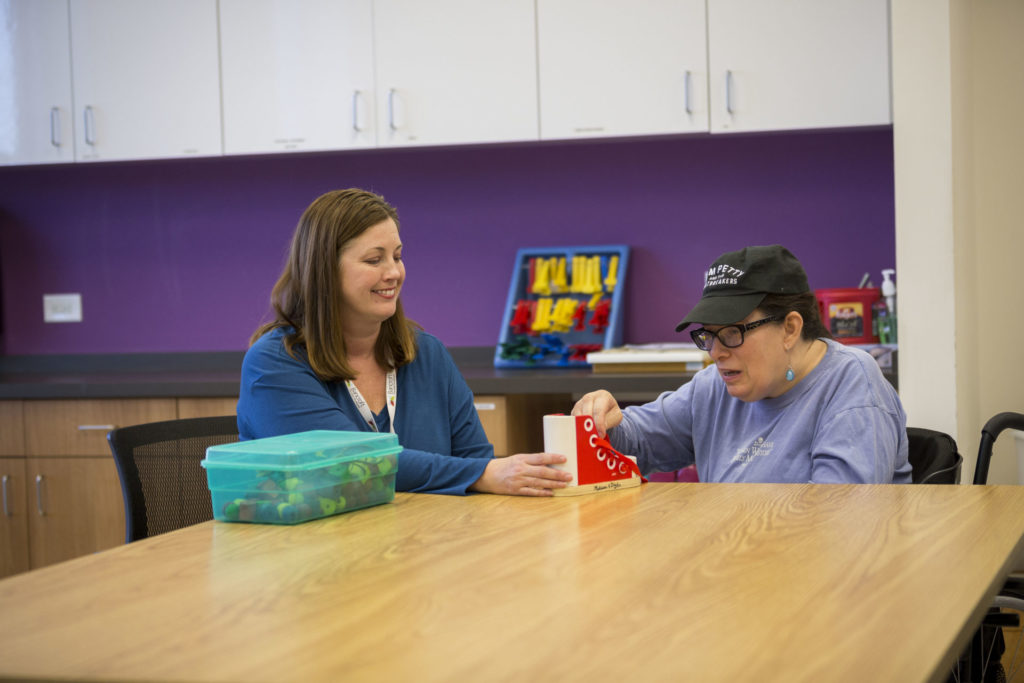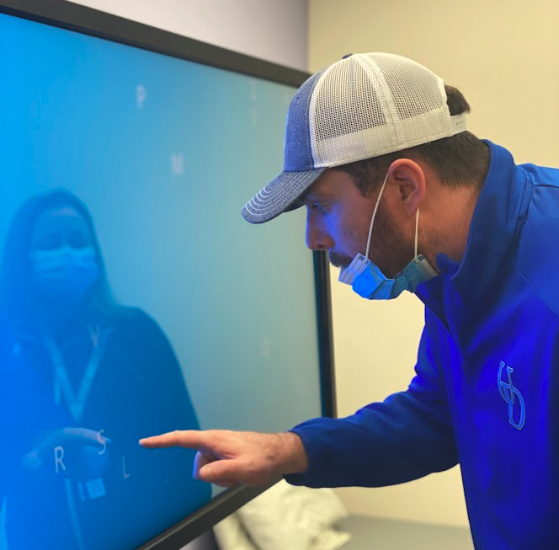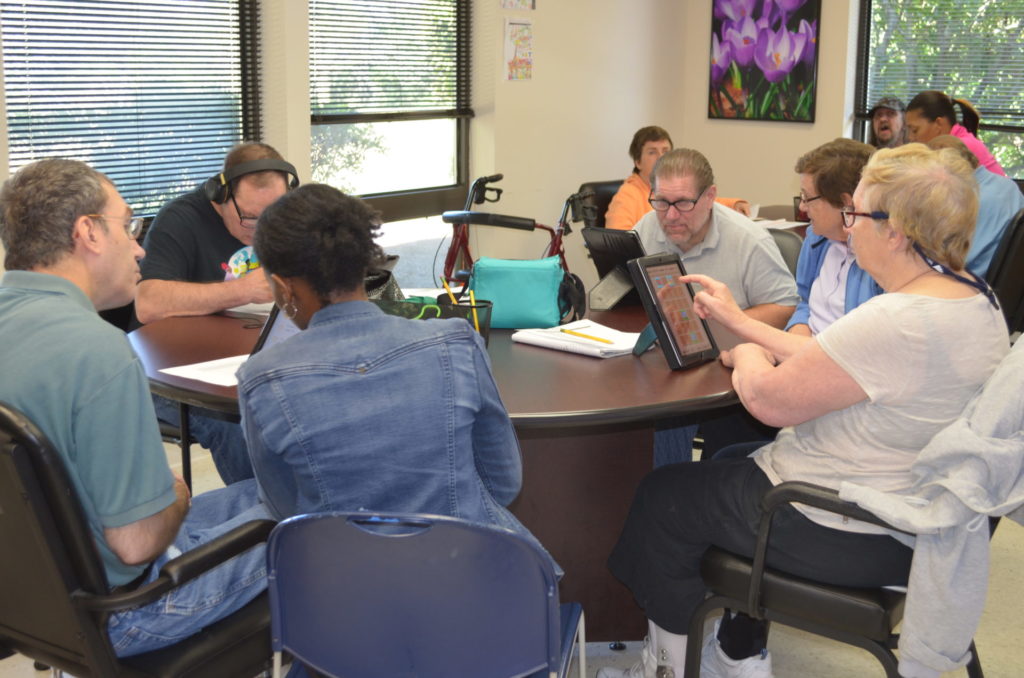Dizziness / Balance Disorder
Home » Conditions Treated » Dizziness / Balance Disorder
Overview
Dizziness / Balance Disorder, may also be known as a Vestibular Disorder, refers to a condition in which an individual experiences difficulty maintaining their equilibrium or stability which may also cause dizziness.
The sense of balance is partially controlled by the vestibular system, which is a complex network of structures in the inner ear and brain that sense motion, gravity, and spatial orientation. The information provided by the vestibular system is integrated with input from the eyes and the proprioceptive system, sensations from muscles and joints to help the body maintain balance.
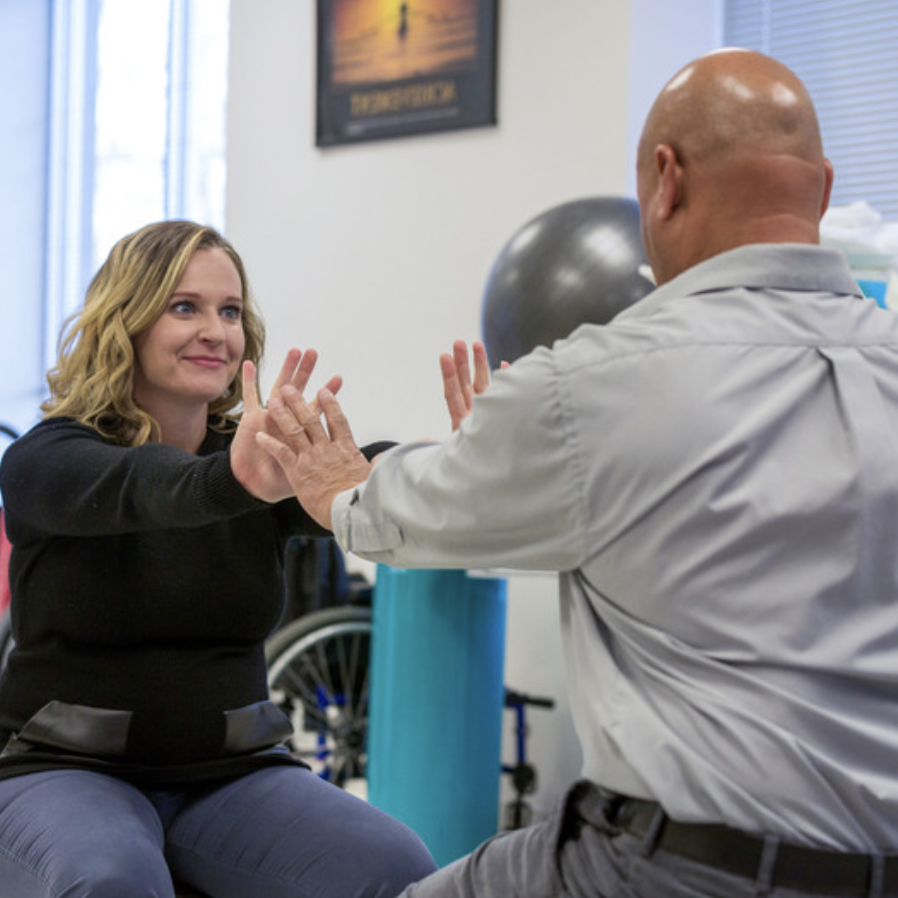

Contact Us
To make a referral or schedule an appointment call 844-234-8387
Common Causes
Dizziness and balance disorders can arise from various underlying causes including:
- A traumatic brain injury
- Stroke
- Benign Paroxysmal Positional Vertigo (BPPV)
- Whiplash injury
- Vestibular neuritis
- Meniere’s disease
- Tumors
- Multiple sclerosis (MS)
- Parkinson’s disease
- Unilateral Vestibular Hypofunction
- Bilateral Vestibular Hypofunction
- COVID-19
- Medication-related
- Other neurologic conditions
- Peripheral neuropathy
- Anxiety
Symptoms
Dizziness/balance symptoms include:
- Dizziness (vertigo), wooziness or unsteadiness – may be worse when you move or change positions
- Imbalance or falling
- Difficulty getting out of or into bed
- Visual disturbance
- Looking for things to hold for support when standing or walking
- Shuffling feet while walking
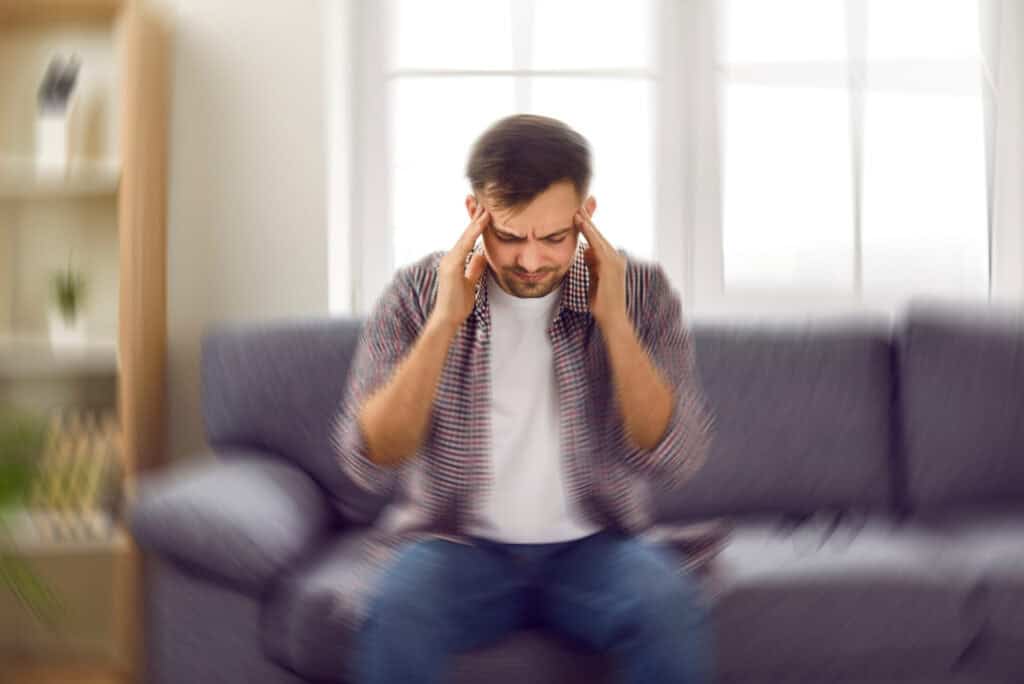

When to see a doctor
- Sudden hearing loss
- Sudden weakness of the face, arm or leg, or difficulty speaking
- Sudden change or fluctuation in hearing
- You’ve had a traumatic brain injury
Complications
- There is no physical risk with vestibular therapy
- Some conditions may not be completely cleared with treatment but can often be improved
Evaluation
- Comprehensive history screening for vestibular screening, if you need additional testing your therapist may refer you to an ENT
- Self-referred – no specific script or anything in writing is needed – only a prescription for therapy
- Testing of eye and head movements, balance, walking, posture, pain, and strength are completed
- Specialized testing may be recommended and completed by an ENT specialist and may include:
- ENG, VNG, rotational chair, video head impulse test, hearing test
Treatments and Therapies
- Varies depending on the cause of your symptoms but may include:
- Repositioning techniques
- Eye-head movement exercises
- Balance training
- Improving activity tolerance
- Most conditions are treated in 6-8 weeks
- However, it always varies per person
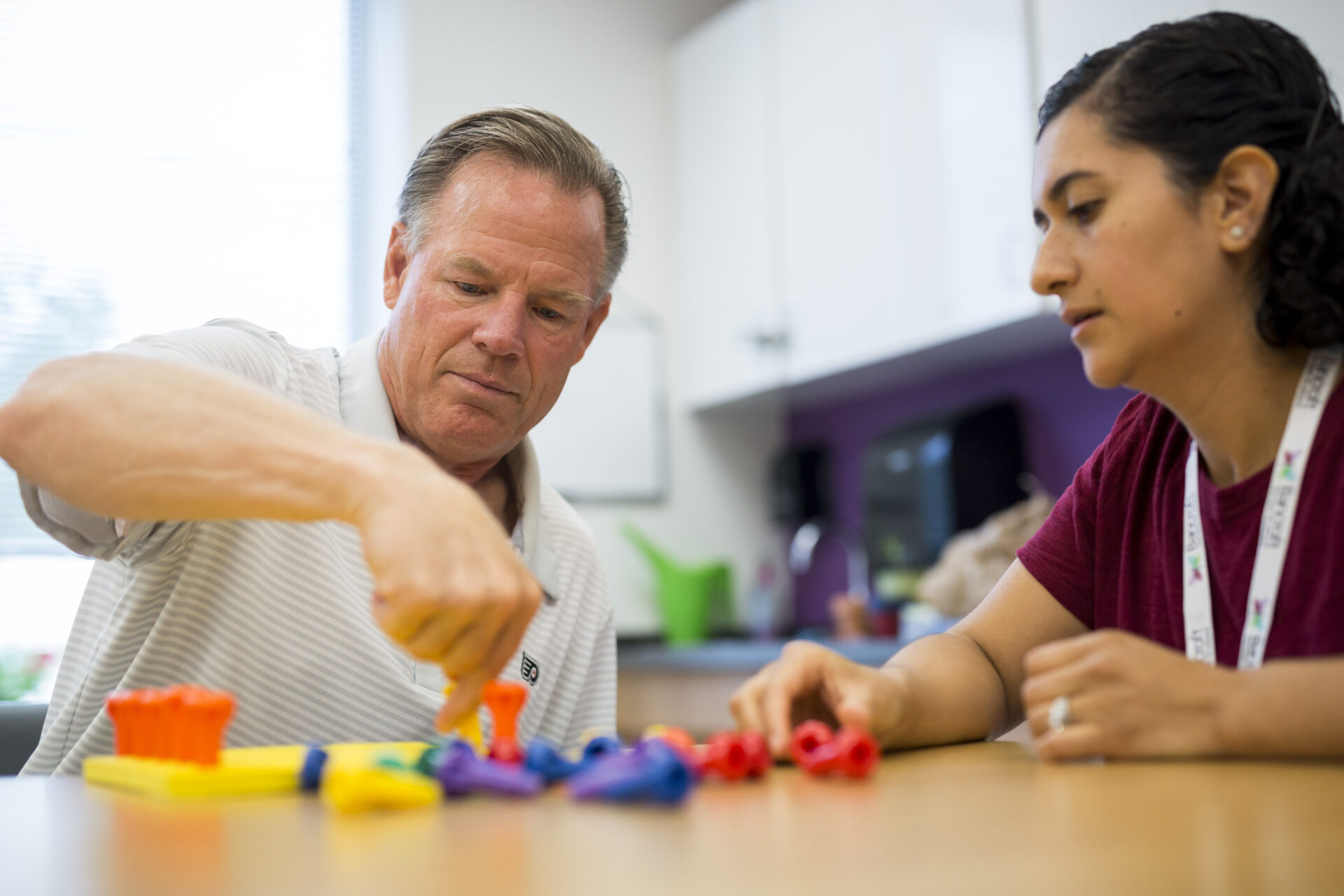

Contact Us
To learn how Bancroft NeuroRehab can help you or a loved one reclaim your life after a stroke, please call 844-234-8387 or click Get Started below.



